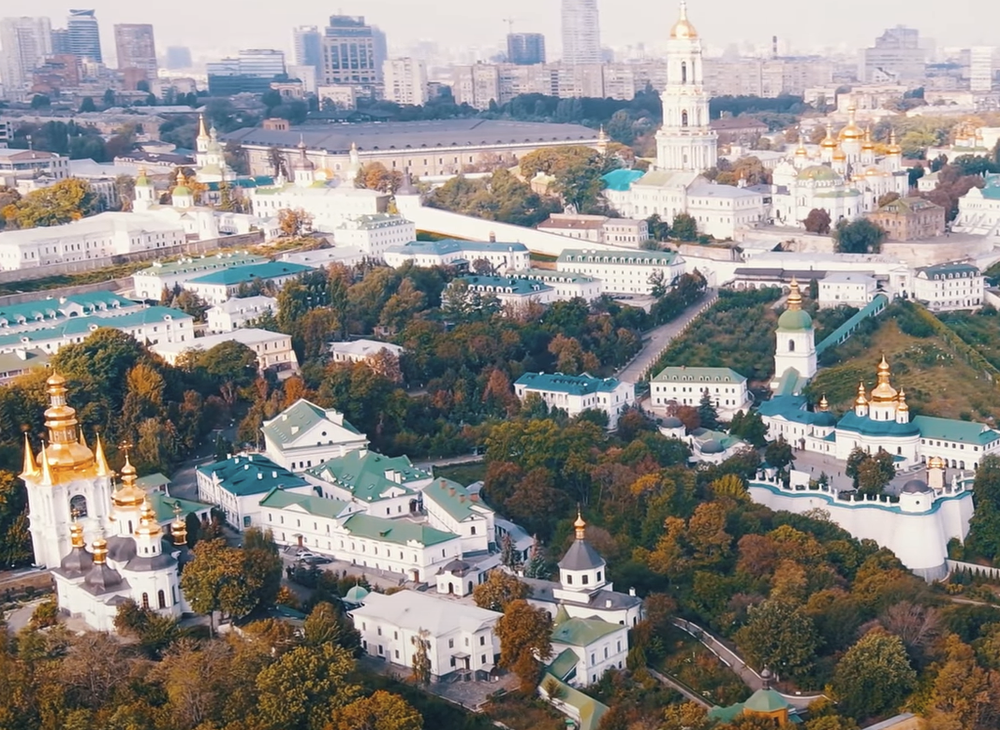Yes, yes. I will confess my (possible) sin.
Several years ago some friends of mine in Bible Belt Orthodox churches said that there were times when they wished America could be ruled by the late Queen Elizabeth II, as opposed to the last couple of guys who have occupied the White House. We were discussing our frustration with America’s two-party binary political system.
I laughed and agreed.
Does this mean that I am a potential Russian spy and enemy of the state? That was one of the topics discussed during this week’s “Crossroads” podcast (CLICK HERE to tune that in). We were discussing two mainstream news stories that seem to be connected in the minds of some mainstream journalists.
First, consider this Religion News Service feature: “Riding a wave of converts, one group aims to fuse Orthodoxy with Southern values.” Then read this Newsweek story: “Russia's Trying to Recruit Spies From U.S.” It may also help to check out this earlier GetReligion post: “Concerning the new converts to Eastern Orthodoxy — Are they MAGA clones or worse?”
But back to Queen Elizabeth II. We will get to the FBI in a moment or two.
The RNS feature focuses on a meeting of the small group of Orthodox converts — the Philip Ludwell III Orthodox Fellowship — down in the countercultural Bible Belt. I confess that I have never heard of this group, primarily since my East Tennessee parish is part of the Orthodox Church in America (which does have historic missionary ties to Russia), as opposed to the smaller Russian Orthodox Church Outside of Russia (which formed in response to the birth of the Soviet Union).
The RNS feature notes: “Orthodox Christianity in the United States is a kaleidoscope of languages and cultures as diverse as Russia, Greece, Ethiopia, Syria, Bulgaria and, increasingly, the American South.”
That’s accurate. It’s hard to describe how complex Eastern Orthodoxy is in this country and that includes the growing number of Americans (like me) who have converted to the faith during the past four decades (a trend that began long before Orange Man Bad).
Now, concerning the inspiration for this small Orthodox network:
Philip Ludwell III, the fellowship’s namesake, became one of America’s earliest converts to Orthodoxy in 1738 and then translated Russian Orthodox texts into English. His family held government positions in the Carolinas and Virginia and shared ancestry with Confederate Gen. Robert E. Lee, born nearly a century later.
Obviously, we are talking about folks who are fundamentalist Confederate clones or worse:










